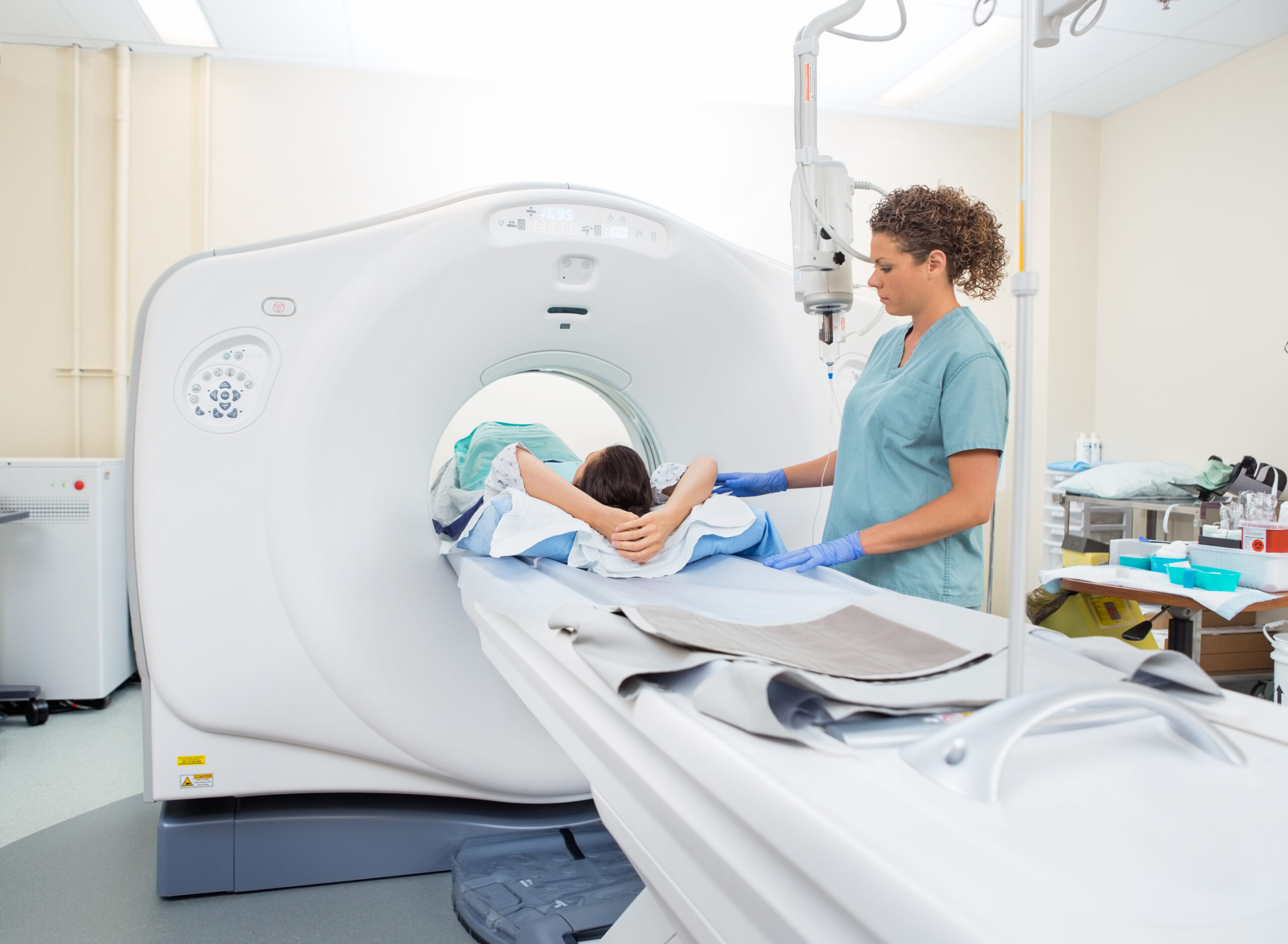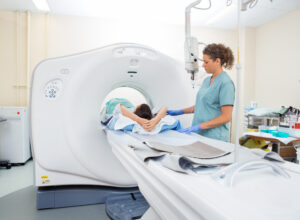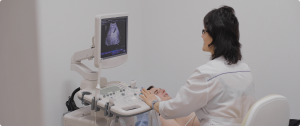Heart disease remains one of the leading causes of death in Australia. One of the simplest, non-invasive tools cardiologists use to assess a patient’s heart health is the Coronary Artery Calcium (CAC) Score. This quick, painless CT scan offers critical insight into your cardiovascular risk, especially if you don’t yet have symptoms.
In this article, we’ll explain what the coronary calcium score is, how to interpret your results, clear up some common myths, and address one of the most frequent patient questions: “Am I eating too much calcium?”
What is a Coronary Calcium Score?
A coronary calcium score is obtained through a specialised CT scan that detects calcium deposits in the coronary arteries—the blood vessels that supply your heart muscle. These calcium deposits are part of atherosclerotic plaques, which can increase your risk of heart attacks and other cardiovascular events.
The scan takes just a few minutes, doesn’t require injections or dye, and has minimal radiation exposure (comparable to a mammogram).
Interpreting Your Results
The score is expressed in numbers:
| Calcium Score | What It Means |
|---|---|
| 0 | No detectable plaque. Very low risk of heart attack. |
| 1–99 | Mild plaque build-up. Low to moderate risk. |
| 100–399 | Moderate plaque. Higher risk—further evaluation needed. |
| 400+ | Extensive plaque. Significantly increased risk. Medical intervention likely required. |
Importantly, a zero score is very reassuring—it means no visible calcium and a very low likelihood of coronary events over the next 5–10 years. But a higher score doesn’t mean a heart attack is imminent; it just signals increased risk and the need for preventive steps.
Common Misconceptions
1. “I feel fine, so I must have a low score.”
Many people with high calcium scores have no symptoms. That’s why this test is so valuable—it identifies risk early, before symptoms appear.
2. “If I take calcium supplements or eat dairy, my score will go up.”
This is one of the most common concerns we hear. Dietary calcium—such as from milk, cheese, or supplements—does not cause coronary calcification. The calcium detected in your arteries is a marker of long-term inflammation and damage to your blood vessels, not your diet.
3. “My score is high, so I must need surgery.”
A high score doesn’t automatically mean surgery or stents. In fact, most people with elevated scores are managed successfully with lifestyle changes, medication (like statins), and close follow-up.
Common Questions We Hear
Q: If calcium is in my arteries, should I stop eating calcium-rich foods?
A: No. Calcium in your arteries isn’t from the calcium in your food. In fact, getting enough calcium from food is important for your bones and overall health. There is some evidence linking high-dose calcium supplements to vascular risk, especially in older adults, so it’s a good idea to discuss supplements with your cardiologist.
Q: Can I lower my calcium score with diet or exercise?
A: Unfortunately, once calcium is present, it doesn’t go away. But you can slow progression and reduce your overall heart risk through regular exercise, a Mediterranean-style diet, quitting smoking, controlling blood pressure and cholesterol, and taking prescribed medications.
Q: Should I get the scan even if I’m healthy?
A: The test is most useful for people aged 40–75 who are at intermediate risk—that is, they don’t have symptoms, but may have risk factors like high cholesterol, family history, or high blood pressure. If you’re unsure, ask your GP or cardiologist.
Take-Home Message
Your coronary calcium score is a powerful tool—not to scare you, but to empower you. If you’ve had one recently, talk to your cardiologist about what it means for you. Your personal risk profile, not just the score, guides your treatment plan.
And no, you’re probably not eating too much calcium. But you can do more to protect your heart—and we’re here to help.
Need to discuss your calcium score or heart health?
Request an appointment with Dr Gana, Cardiologist, to better understand your results and next steps.
Disclaimer
The information provided on this blog is for general educational purposes only and is not intended as a substitute for professional medical advice, diagnosis, or treatment. Always seek the guidance of your doctor or other qualified healthcare provider with any questions you may have regarding your health or a medical condition. Do not disregard medical advice or delay in seeking it because of something you have read on this website.




